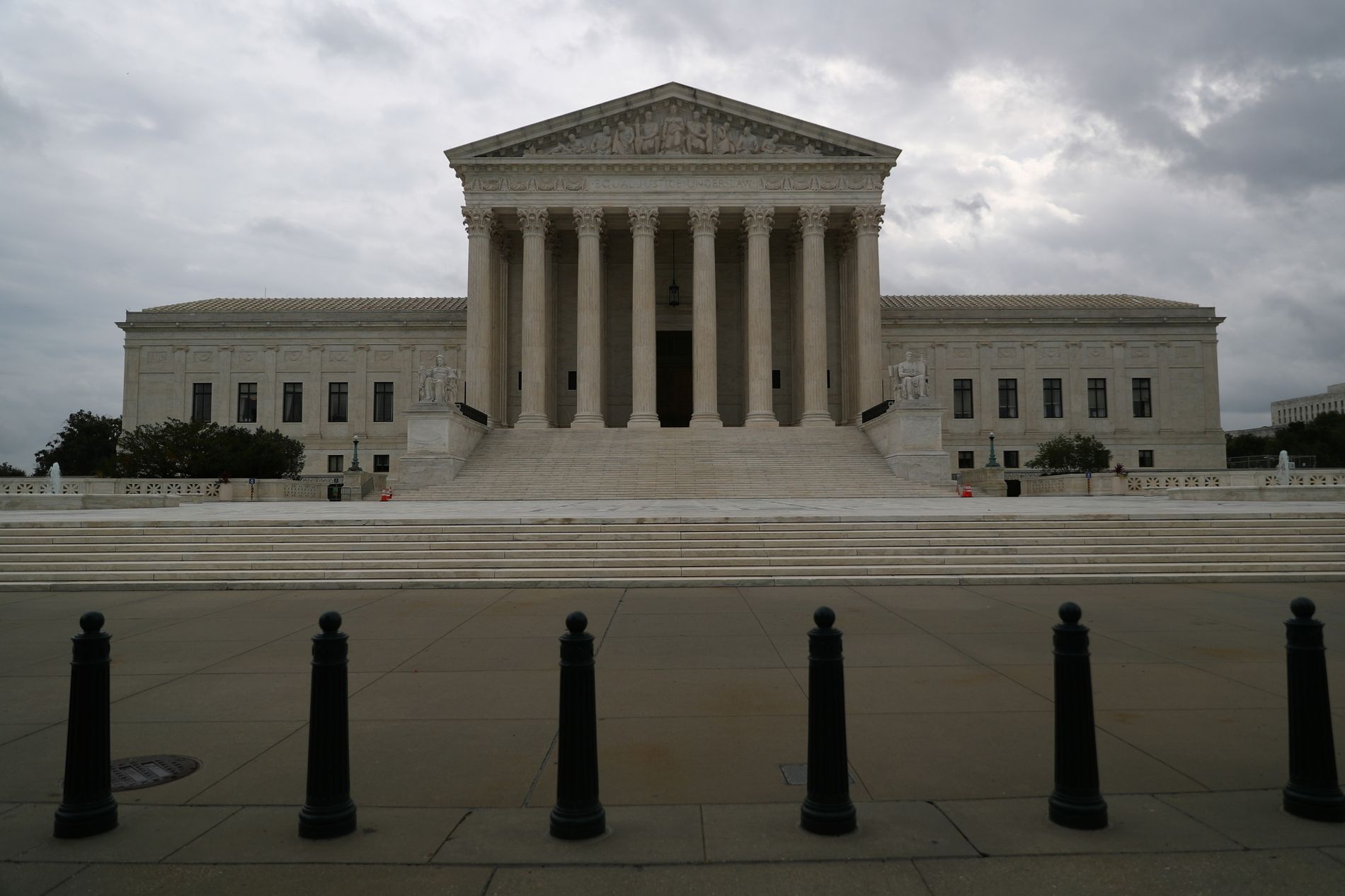
The US Supreme Court will not block the controversial abortion law in Texas.
Texas on Wednesday passed a controversial law banning abortion after six weeks of pregnancy.
Reuters news agency reported that the US Supreme Court has now decided that it is not blocking the law.
There is no exception for rape or incest, so the law is the strictest in the United States.
Similar laws have been enacted in a number of other Republican states, but so far they have all been held up in court because they violate Roe vs. Wade ruled in the Supreme Court in 1973, a decision that opened up a woman’s right to abortion.
Supreme Court Justice John Roberts and three other justices each dissented when the court on Thursday failed to stop the law immediately in Texas. Five judges confirmed that the ruling had a majority.
The court maintains that it has not made a final decision on whether Texas law is in line with the United States Constitution.
He thinks the law is unconstitutional
The law was signed into law by Texas Governor Greg Abbott, a Republican, in May. A number of groups appealed to the Supreme Court to stop the law, but when the Supreme Court did not intervene, it went into effect.
The ACLU calls the Texas law clearly unconstitutional, while House Speaker Nancy Pelosi calls the law a disaster for Texas women.
On Wednesday, US President Joe Biden also spoke in favor of it The law is unconstitutional. He says it clearly violates the rights that women enjoy through the Constitution and Roe vs. Wade’s rule. Biden also promised that his administration would work to protect and defend abortion rights, according to Reuters.
Ordinary people can sue women
Texas law differs from laws in other states in that it allows private people, including neighbors, not just police and prosecutors, to sue women who abort, and doctors and clinics who perform abortions, preferably anonymously.
Abortion advocates fear that the Supreme Court, where six out of nine conservative justices, many of whom are appointed by Donald Trump, would take such a law into a state for consideration and make Roe v. Invalid valley.

“Organizer. Social media geek. General communicator. Bacon scholar. Proud pop culture trailblazer.”
